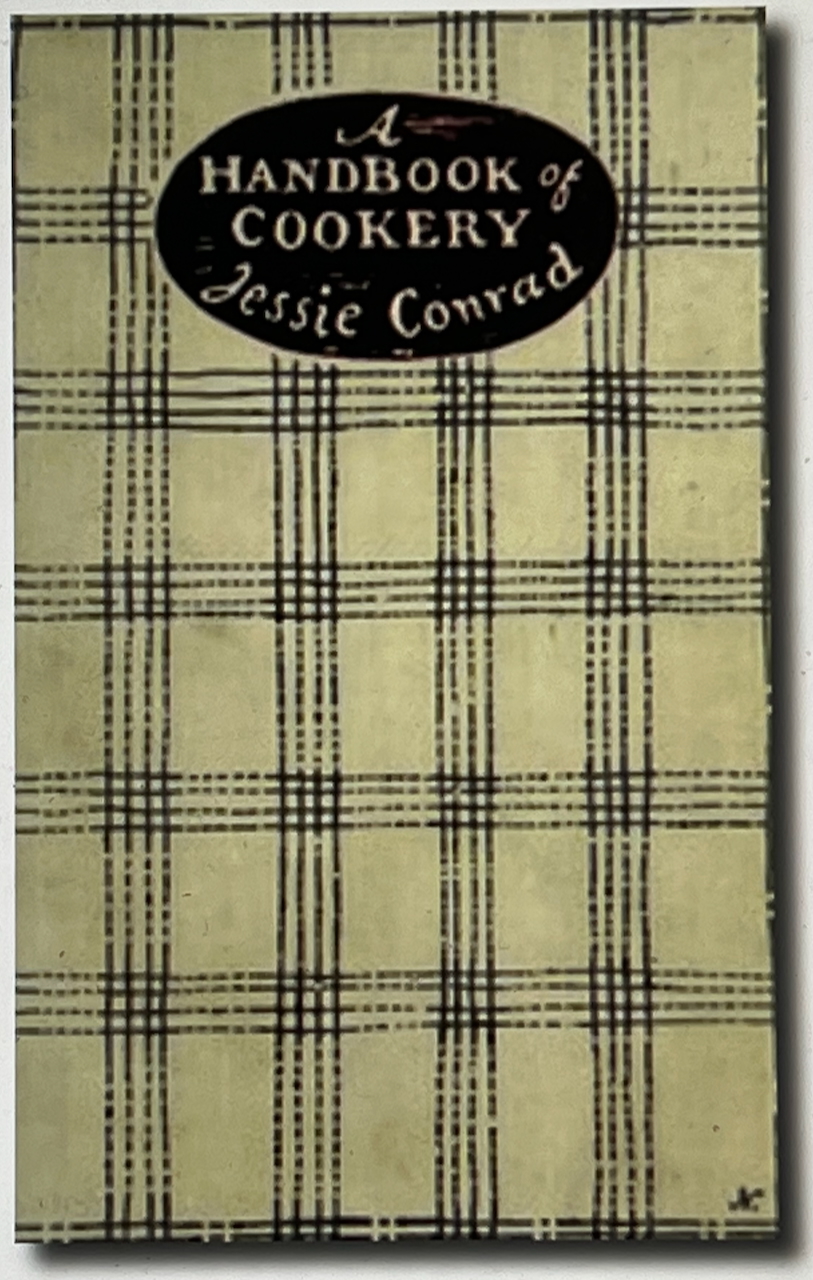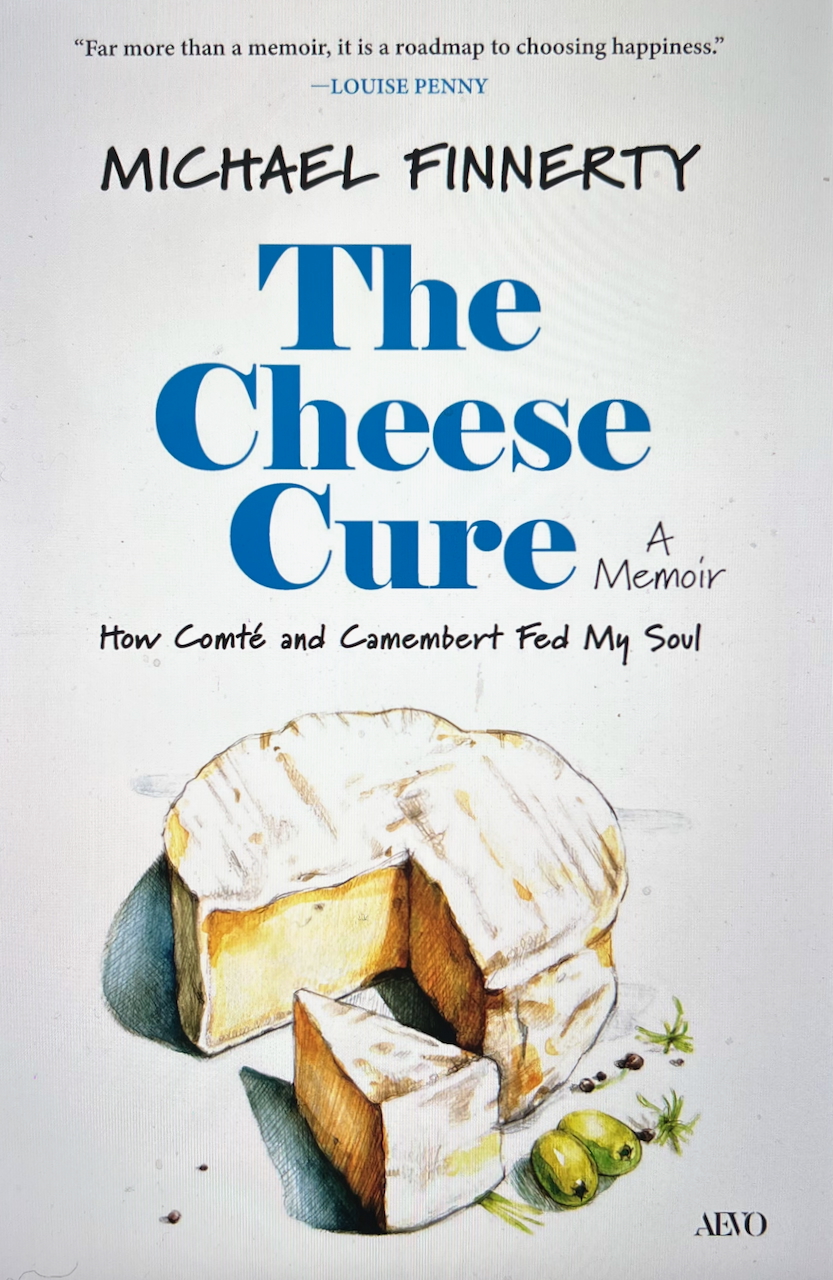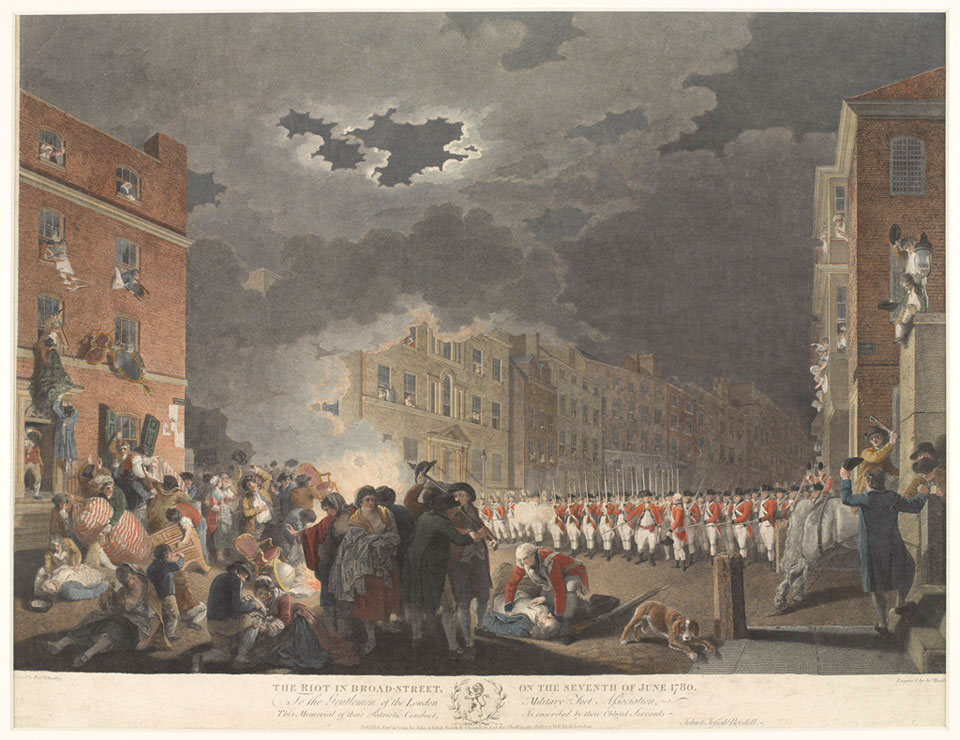Checking In: Standing Rock’s LaDonna Tamakawastewin Allard
May 9, 2020
In keeping with my habit of wondering about people I never see or talk to (and may not know at all), I decided to see how some of them are doing in the crisis.

LaDonna Tamakawastewin Allard is an enrolled member of the Standing Rock Sioux Tribe, and its former historical preservation officer. She co-founded Sacred Stone Camp, on her family’s land, where indigenous youth began the fight against the Dakota Access Pipeline, which crosses the Missouri River just above the reservation.
LaDonna was also the one who contacted Wes Clark, Jr., who got thousands of U.S. veterans to go to Standing Rock in December 2016 to support the intertribal alliance already there. To prevent possible conflict with law enforcement and the North Dakota National Guard, the Obama administration stopped DAPL construction for more assessment. When Donald Trump took office he immediately signed an executive memo allowing it to be finished. In June 2017 oil began flowing down the pipeline.
In March of this year a federal judge ruled the Army Corps of Engineers had not “adequately discharged its duties” with the original Environmental Impact Statement (EIS), which will now need to be revisited, raising questions about the pipeline’s future. For the Standing Rock tribe and other Native Americans downstream on the Missouri River, it was a victory.
“DAPL had no permit [to operate],” LaDonna tells me when I call her on a Saturday night. “They created that pipeline illegally, which we have been saying from the beginning. Now they have to do a complete EIS. Our second lawsuit is to stop oil in the pipe.”
Since the 2016 DAPL fight LaDonna has been diagnosed with glioblastoma, an aggressive brain cancer. She recently completed radiation therapy and was to start chemotherapy this week, but an MRI showed brain inflammation, or a possible return of the tumor, so she must consult with her doctor first.
“I’m doing just fine,” she says. “The hard thing is, I have never been sick a day in my life,” she says. “I deal with it one day at time.” Her husband of many years, Miles, died last year after hip replacement surgery. He was 68. But her thoughts automatically turn to community.
“We have always, according to tradition, isolated ourselves when illness struck, whether it was smallpox, flus, plagues, or measles, because we didn’t have immunity, and a lot of families were kept in isolation. We created great artwork [in those times and now]: clothing, beading, and painting.
“And from the time this virus started, people at Standing Rock have been sending masks out to the tribes, making food runs, and checking on elders to be sure they are fed.”
She tells me that even apart from the coronavirus, many other Water Protectors in the DAPL fight got cancer, which she believes was caused by purposeful chemical poisoning. (In 2016 there were reports of unmarked aircraft spraying a mist over resistance camps, which the state denied.) She mentions the federal conviction of a rancher, four months ago, who misapplied 39,000 pounds of the pesticide Rozol on the Standing Rock Reservation, killing wildlife. She believes he, DAPL, law enforcement, and the Guard may have used the poison to give them all cancer.
But she wants to be positive and tells me about the tribe’s solar panels, her electric car, their chickens, gardens, hunting, and gathering of medicines.
“Sacred Stone never went away,” she says. “It still exists, in Fort Yates, on land I own. We have yurts and Quonset huts, and educational programs on traditional medicines.” The mayor of Fort Yates now is a former Boston architect who came out for Stand with Standing Rock and never left.
“We have to be able to feed ourselves,” she says. “Food is the first act of sovereignty. When did the day come that we had to buy all our food? I grew up above the Cannonball, and we canned, dried, and prepared all our food for winter. All of sudden we started having to go to the store.” She just got some more chickens and gives out eggs to neighbors.
Since 2016 LaDonna has continued her work as an indigenous activist, including on Mauna Kea, and she is watching closely how the Governor of South Dakota treats the Oglala and Cheyenne River Sioux Tribes, over their Covid-19 checkpoints. “[The tribes] will put out the call, and we will all go and meet at their borders,” she predicts.
But due to the virus, many things she is involved with have been canceled, including an indigenous forum at the UN, and work in Peru, Colombia, and Portugal, “defending the sacred, and trying to raise funds to get into places where tribal people are having a hard time.” Her goal is to answer the question: “With each project, how do we make life better?”
She says that in the world the non-indigenous system is collapsing, and “it is time for us to step up and tell people how to live in peace and harmony with the earth.” We should pay attention to the fact that with people in isolation, “the world has been able to slowly heal itself. Imagine what it would be like if we allowed that to continue.
“I think we’re at the stage that if we don’t come together and put the earth above politics, the earth will come in with a vengeance—viruses, earthquakes, floods, and more.” She says it is snowing where she is, “and it shouldn’t be snowing in May.”
LaDonna had four children and has 18 grandchildren. One brought her great-granddaughter over this week to finalize her garden. She has tomatoes, peppers, green beans, corn, five kinds of squash, strawberries, asparagus, cucumbers, watermelon, and cantaloupe planted. Soon there will be potatoes, blue, gold and red. Her flower pots are out, and they put up bird feeders and got them filled.
“I did have to come in and take a nap this afternoon,” LaDonna wrote on Facebook, “and now that I am done I am ready for bed. […] I wish I had more energy to play with the baby. Grandma is just wore out.”







